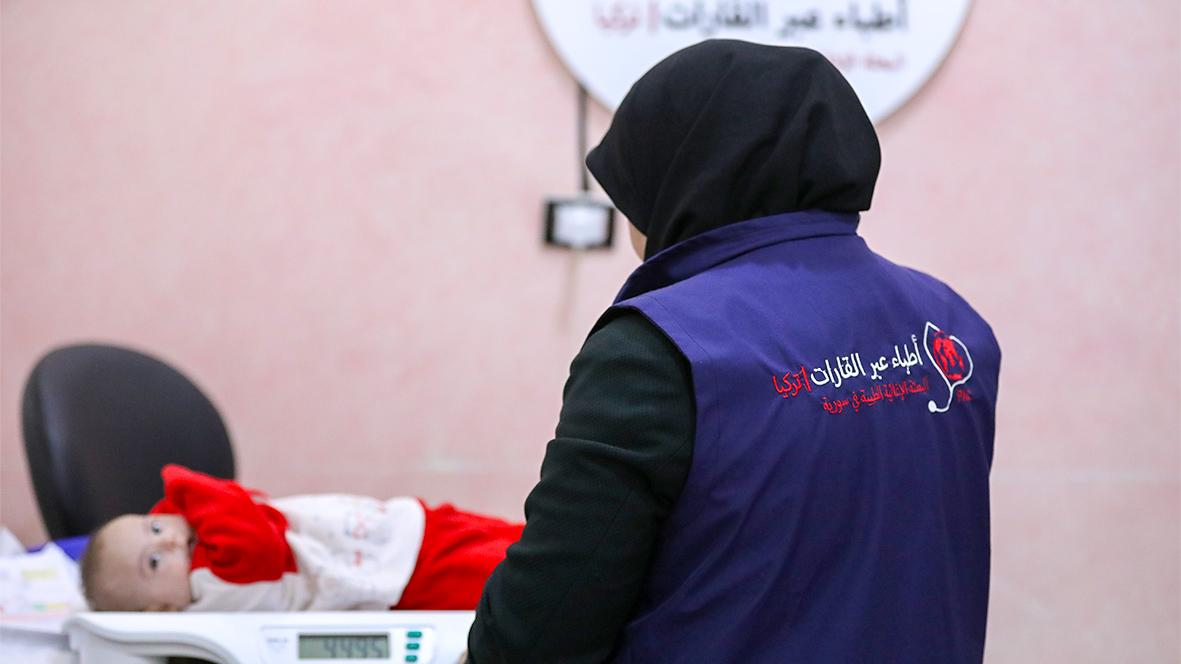Management of small & nutritionally At-risk Infants under 6-months & their mothers
The MAMI (Management of small & nutritionally At-risk Infants under 6-months & their mothers) program is a specialized approach within nutrition response aimed supports mothers and infants under 6 months who are small and nutritionally at-risk. The MAMI approach dovetails with IYCF interventions that operate more at the primary level of intervention.
The MAMI Care Pathway Package:
• Screening and assessment:
screening and identification of IMNCI & MAMI-specific danger signs, Child growth failure: MUAC (community) &/or WAZ (facility), Infant feeding risk and Maternal wellbeing risk.

• Management and monitoring:
Inpatient Care:
1. Clinical care to achieve clinical stabilization.
2. Provide treatment for congenital conditions affecting feeding (e.g. tongue tie), feeding support, and maternal mental health support.
Outpatient Care:
• Review and referrals:
at both facility / community level approaches to reach and treat children with acute malnutrition, especially in settings where access to healthcare facilities is limited. Community health workers, volunteers, and caregivers play key roles in identifying cases, providing treatment and support, and promoting optimal infant and young child feeding practices.
• Support package:
Counselling Cards and Support Actions like Promotion and support for breastfeeding are integral components of the MAMI approach. Exclusive breastfeeding is recommended for infants under six months of age, while appropriate complementary feeding practices are encouraged for older infants and young children under 24 months to meet their nutritional needs and prevent malnutrition. Along with providing Counselling on core topics for all enrolled pairs, and Tailored counselling and actions to address specific risk factors and problems as required.
• Integrated Services:
Referral of mother-infant pairs to other relevant services as required, may integrate nutrition interventions with other essential health services, such as immunization, maternal and child health care, water, sanitation, and hygiene (WASH), and early childhood development programs. This integrated approach helps address the underlying determinants of malnutrition and improve overall health and well-being.
• Capacity Building and Training:
Building the capacity of healthcare providers, community health workers, and other stakeholders is critical for the effective implementation of MAMI programs. Training may include clinical management of acute malnutrition, counseling skills, growth monitoring, and the promotion of optimal infant and young child feeding practices.
• Monitoring and Evaluation:
Continuous monitoring of the mother-infant pair’s progress and wellbeing at each visit in MAMI are essential to assess program performance, track progress towards goals, and identify areas for improvement. Key indicators may include coverage of screening and treatment services, recovery rates, default rates, and nutritional outcomes among children enrolled in the program.



Leave A Comment